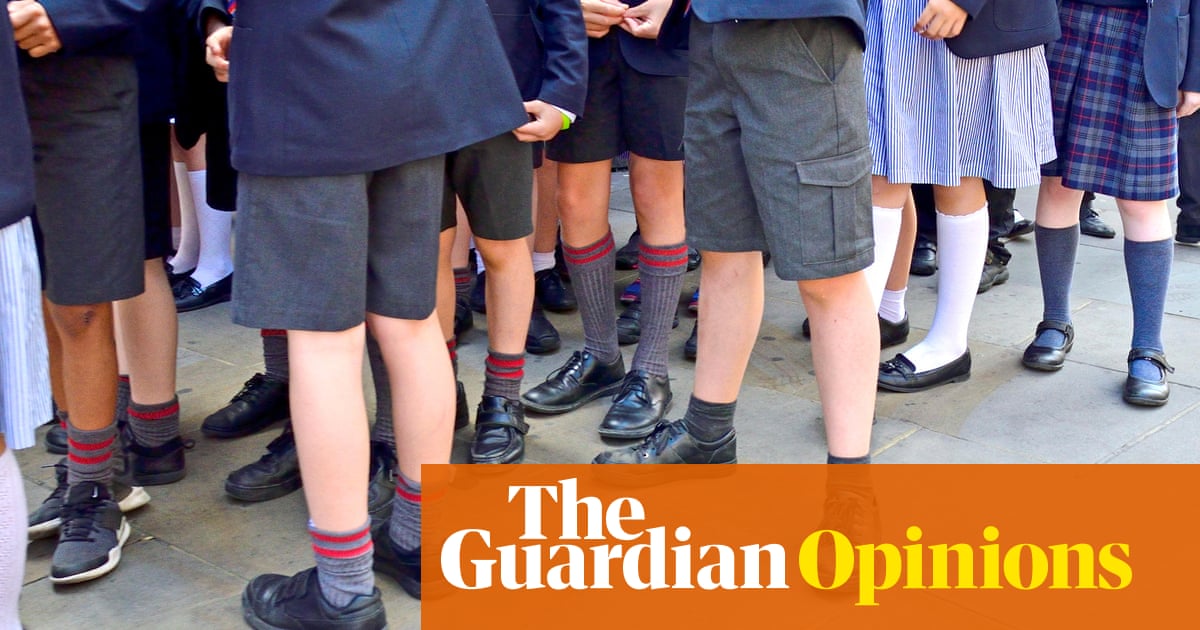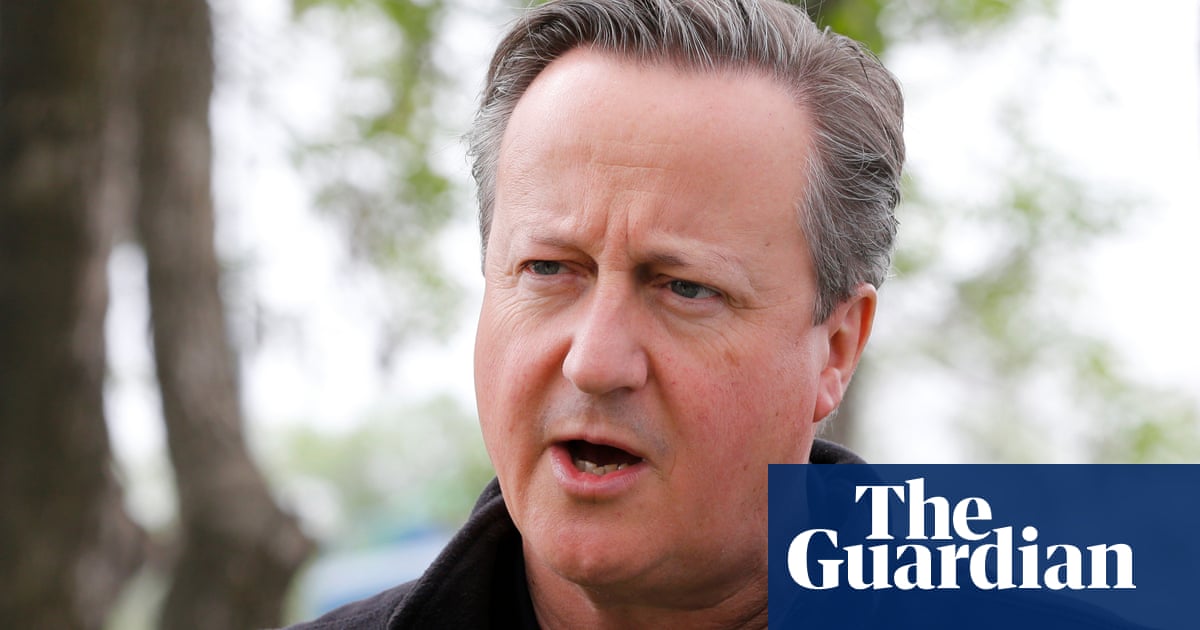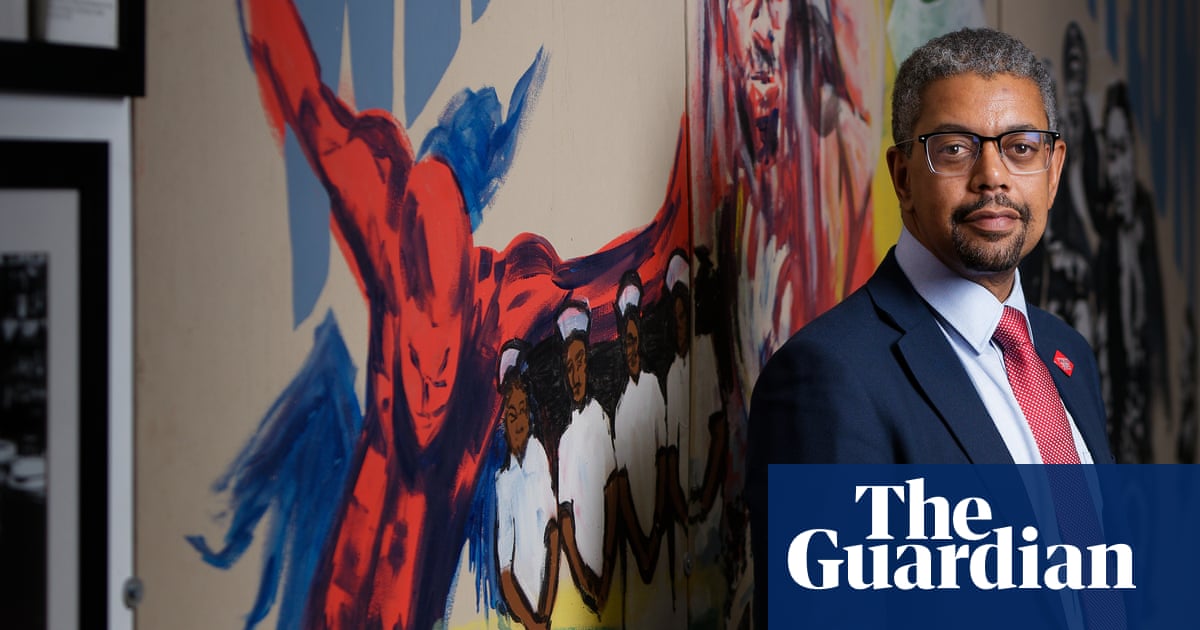A Michigan grassroots effort is raising reparations, while the government lags : NPR


Members of the Sycamore Creek Church congregation bow their heads and pray over Justice League of Greater Lansing leaders, Willye Bryan and Prince Solace, as they hold a large check.
Sophia Saliby/WKAR
hide caption
toggle caption
Sophia Saliby/WKAR

Members of the Sycamore Creek Church congregation bow their heads and pray over Justice League of Greater Lansing leaders, Willye Bryan and Prince Solace, as they hold a large check.
Sophia Saliby/WKAR
The year 2020 was a turning point for Lansing, Michigan resident Willye Bryan. Between the racial reckoning following the murder of George Floyd and the health disparities that hit the African American community during the pandemic, she knew it was time for action.
“You start with slavery, which is the original sin, and it has left an aftermath of destruction in its path,” Bryan said.
The answer for Bryan was for what she calls the debt owed to African Americans to be repaid through reparations.
She started at her church, First Presbyterian Church of Lansing, a predominantly white congregation. Pastor Stanley Jenkins remembers when Bryan first brought it up.
“My first reaction was, ‘Well, that’ll never work.’ And then immediately, I said, ‘Let’s do it.'”
Most of the church stood behind them, pledging $100,000 over the course of 10 years. Individual congregants gave $80,000.
“There was a sense that people were waiting, even if they didn’t know it, for somebody to take that first step,” Jenkins said.
The initiative became known as the Justice League of Greater Lansing. They visited many houses of worship in the area to explain their mission.
One church committed half of the money it received through the sale of its rectory. Pastor Kit Carlson is the rector of All Saints Episcopal Church.
“We compared a house of its age and size in East Lansing, and the value it had today with a comparably aged and sized house in the formerly redlined area of Lansing,” she said. “The difference was, we could sell our rectory for $250,000, and a comparable house in the formerly redlined area sold for $80,000. And so, you could see just very dramatically, the long-term effects of redlining that still come down to this day.”
People have also written the Justice League into their wills. Last December, the League received a three-year commitment from another congregation in Lansing to contribute from its endowment.

In June of 2023, the Justice League of Greater Lansing organized an event in front of the Michigan State Capitol for Juneteenth where white congregants of faith communities and other allies read a public apology issued by Presbyterian Church USA to descendants of enslaved African Americans.
Courtesy of Justice League of Greater Lansing
hide caption
toggle caption
Courtesy of Justice League of Greater Lansing

In June of 2023, the Justice League of Greater Lansing organized an event in front of the Michigan State Capitol for Juneteenth where white congregants of faith communities and other allies read a public apology issued by Presbyterian Church USA to descendants of enslaved African Americans.
Courtesy of Justice League of Greater Lansing
Now after less than three years, the organization has collected around $400,000.
For Bryan, her work in Michigan is only the beginning.
“Ideally, the national government would be healing those wounds, but that hasn’t happened,” she said. “We want to influence the state government, that hasn’t happened.”
She points to a bill to just study federal reparations first introduced by the late Michigan Congressman John Conyers 30 years ago. In 2021, the House Judiciary Committee took up the bill now sponsored by Democratic Texas Representative Sheila Jackson Lee. It was the first time the committee had acted on it, but then nothing happened. The bill has yet to receive a vote on the House floor.
In California, legislators have filed bills to address reparations focused on racial and wealth gaps as well as the returning of land once owned by African Americans but have stopped short of proposing cash reparations.
And in the city of Detroit, a reparations task force has experienced vacancies and holdups that may delay the report it was charged with releasing this year.
“As a grassroots organization, we want to influence the top level,” Bryan said. “We want to go from the bottom up and say, ‘Hey, look, the populace would like to see people be made whole.'”
Now, the Justice League is experiencing its own turning point. For the first time, money from its fund will soon be redistributed as academic scholarships. Ten students in the region will each receive $5,000.
The League’s president Prince Solace says he wants people in his generation to be able to stay in the area with the help of money from the fund for homeownership and business support.
“If that ambition and drive and creativity is not coupled with financial stability and a foundation, it can’t grow.”
For Solace and Bryan, the core of reparations is to repair, and they see their work as a step in the right direction to normalize what they think fixing the country could look like.
Source link




